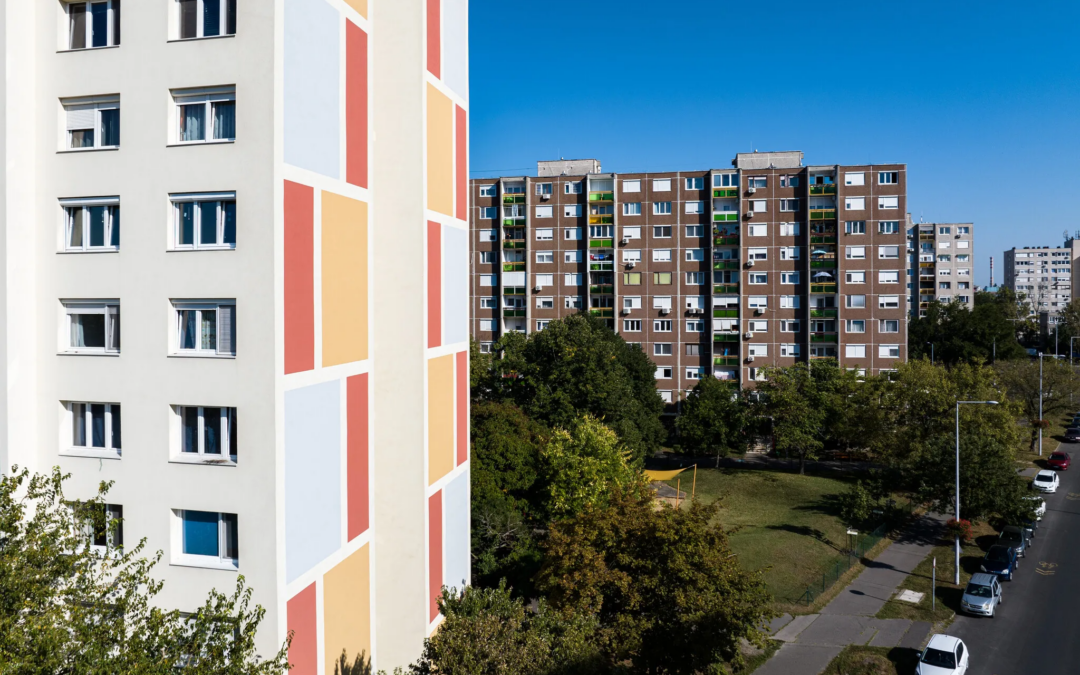The Municipality of Budapest has established its brand-new institution, the Budapest Climate Agency, to accelerate energy efficiency investment projects in the city. The agency will begin operations on June 1 and aims to support Budapest’s climate neutrality targets.
In the framework of the 100 Climate Neutral and Smart Cities Mission, Budapest was granted the Budapest CARES project (€1.5 million in direct EU funding) to support and speed up residential building energy efficiency projects both scientifically and institutionally.
The goal of the new municipal institution is to stimulate residential building energy efficiency investments and facilitate the achievement of Budapest’s climate neutrality targets. The agency will create a network of residential advisors, develop building energy efficiency pilot programs, and identify and evaluate blended financing opportunities. This includes grant monitoring and preparation, exploring market financing avenues, and forming partnerships and facilitating collaborations between and among international development banks and local financial institutions. The agency also has a significant communication role, contributing to technical communication in the field, as well as public awareness and education.
As the initial step in implementing the EU project, the residential building stock in Budapest was evaluated based on a large sample direct query of property owners. The survey results will inform the development of Budapest’s building renovation strategy, which will provide guidance on the technical specifications of energy upgrades for various building types, the potential reductions in utility costs achievable through these upgrades, and the available service packages (including financing and technical support) for renovations.
Subsequently, residents will have access to the comprehensive, free one-stop services offered by the Budapest Climate Agency. These services will provide thorough support to Budapest residents across the entire lifecycle of residential energy efficiency projects, from energy assessments and planning to execution and the introduction of tailored support options, as well as facilitating connections with partner institutions.
Author: Department for Climate and Environmental Affairs, Mayor’s Office of Budapest
Picture credits: Ancsin Gábor, Énbudapestem
